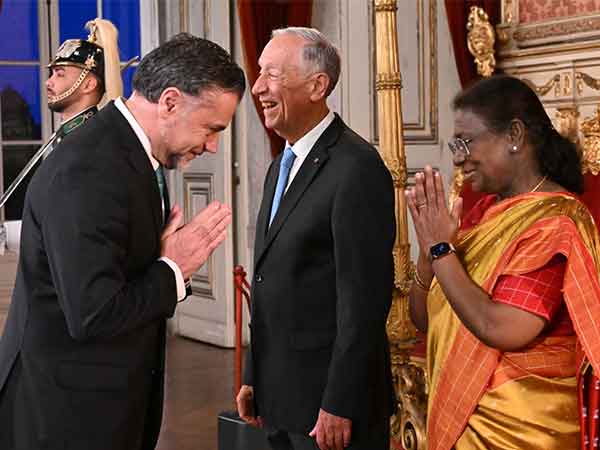Several regional powers pursuing hedging strategies in Afghanistan: Former US State Dept analyst
Aug 04, 2020

Islamabad [Pakistan], August 4 : Several regional powers are pursuing hedging strategies in Afghanistan by backing the Kabul government and also aiding the Taliban, said former US State Department analyst Marvin G Weinbaum.
In an interview to Tolo News, Weinbaum, currently a director at the Middle East Institute, opined that once talks between Afghan government and Taliban will begin, the ability of these countries to shape Afghan reconciliation that satisfies their interests will be limited.
"Regional powers and the Great Powers would all be better off with a peaceful, stable and united Afghanistan....In turn, the prosperity of these countries through regional inter-connectivity requires a stable and united Afghanistan," he said.
"Publicly all have encouraged peace negotiations. Despite this, several regional powers pursue hedging strategies, backing the Kabul government while also aiding the Taliban insurgency. Once talks begin the ability of these and other outside countries to shape Afghan reconciliation that satisfies their interests will be limited. Ultimately, Afghans alone will determine the success or failure of any negotiations," he added.
Though Weinbaum did not name any country, experts have blamed Pakistan for abetting Taliban in the back and also pretending to support Afghanistan.
Weinbaum said although several are able to exercise leverage over the parties to the conflict and may retain spoiler power, none are able to dictate them. "The Taliban, in particular, have demonstrated a determination to ignore international pressures when they run counter to bedrock beliefs," he added.
Weinbaum said the Afghan government need to be clear-eyed and realistic when intra-Afghan talks begin.
"Once formal discussions get underway, it will likely soon become evident that the difficulty in moving the discussions from mere dialogue to hard negotiations stems less from a lack of trust than from confrontation between two ideologically different views of the Afghan state," he added.



















